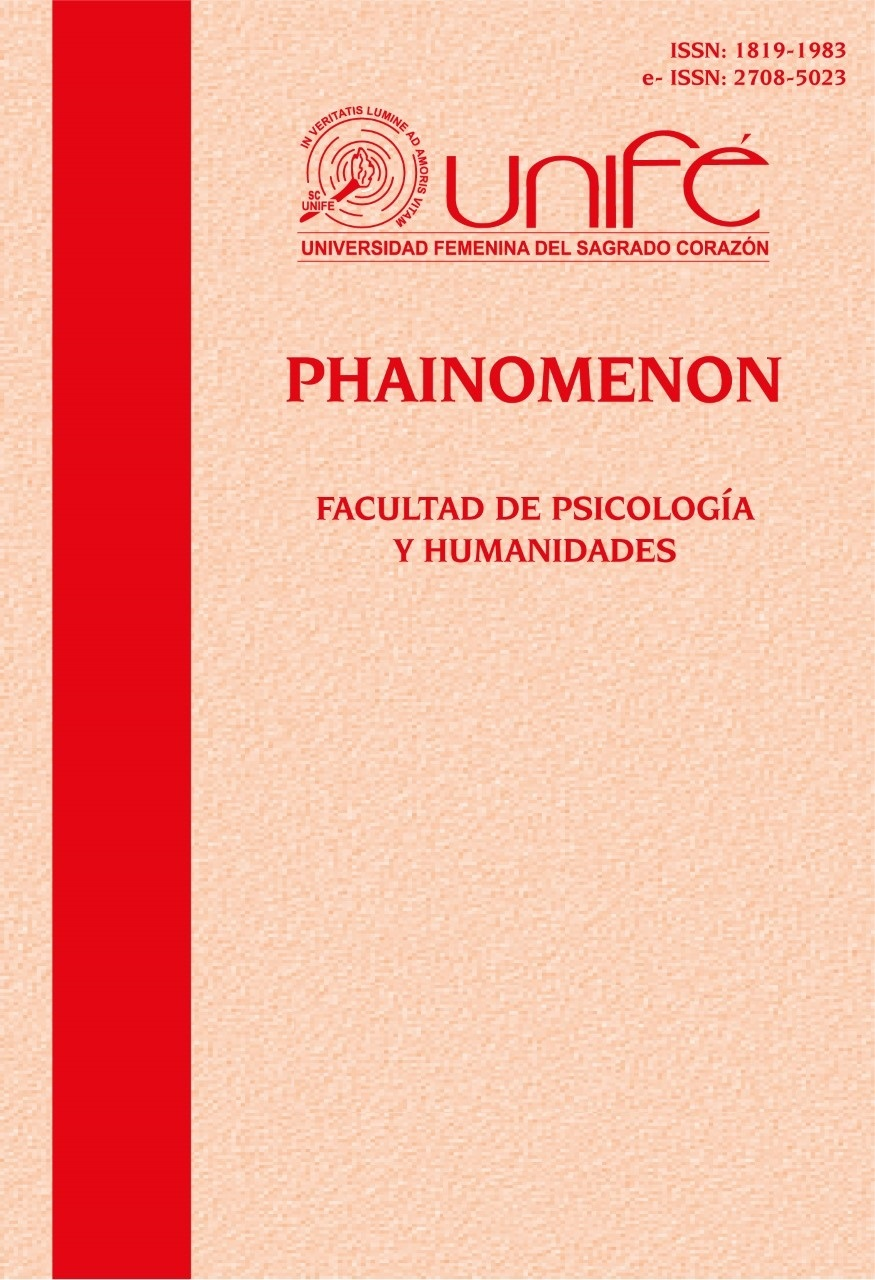Aspects of freedom for the imputability of the moral act in Kant’s ethics
DOI:
https://doi.org/10.33539/phai.v23i2.3352Keywords:
Modern philosophy, Kant, causality, freedom, metaphysics, ethicsAbstract
A new re-reading of Kant allows us to examine decisive aspects of his metaphysics of freedom as a target. Our critical analysis considers the contributions of the sciences of his time in the concept of causality and configures the importance of the representations of the objects of experience starting from the epistemological concept of causality to raise the idea of
transcendental freedom as a causality of the will for the imputability of the moral act, whose main axis is the concept of transcendental object; therefore, we will make some reflections focusing on the dichotomy of nature-freedom of Kant. In the first part, the importance of object representations and a priori concepts of reason will be examined; in the second part,
the importance of the representation of the moral law for all practical action will be addressed; in the third part, the relation of causality in nature to the idea of causality by freedom will be discussed; in the fourth part, we will reflect on freedom as the determining basis for the imputability of the moral act; and in the fifth part, we will deepen the fundamental question
of the transcendental and absolute spontaneity of Kant’s thought.
Downloads
Downloads
Published
How to Cite
Issue
Section
License
Copyright (c) 2024 Odilón Fulgencio Guillén Fuentes

This work is licensed under a Creative Commons Attribution 4.0 International License.






